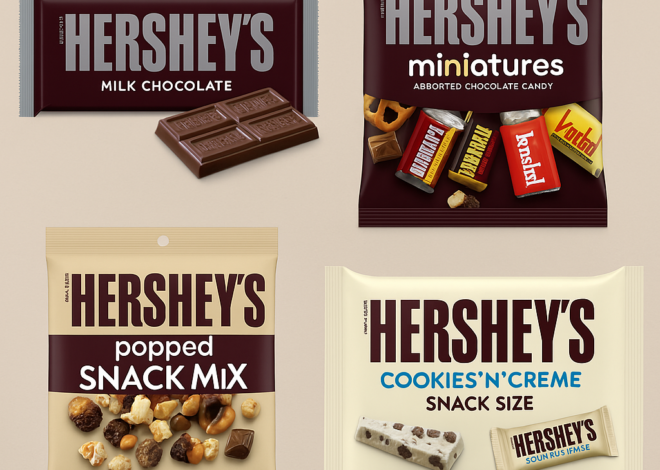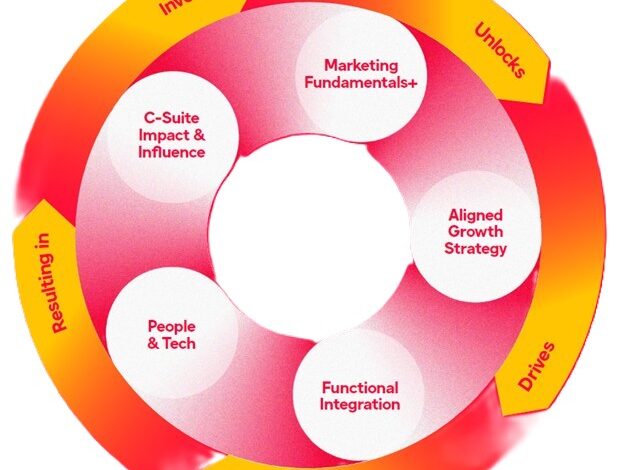
Globant GUT’s CORPORATE WEBSITE INDEX Urges Companies to Plan for AI Interactions- Beyond Human Visitors…
The corporate website has been the focal point of the modern company as a prominent communications tool to engage all stakeholders at every step of their information journey. It is a centralized hub for brand identity, corporate messaging, and customer engagement.
However, that’s changing in the Age of Gen AI. The rise of Local Language Models (LLMs), such as OpenAI’s GPT-4, Google’s Gemini, and Anthropic’s Claude, has disrupted how information is discovered, consumed, and trusted.
Over the past several years, Globant GUT has conducted an in-depth analysis of more than 300 Fortune 500 corporate websites to assess their AI readiness, digital engagement strategies, and content structuring.
The findings reveal a critical gap: most Fortune 500 websites remain optimized for traditional search engines, not AI-driven interactions.
According to Laurence Lipworth, Marketing Studio Lead at Globant and Senior Business Director NA at Globant GUT, “The challenge is clear: if AI doesn’t understand your brand, neither will your customers.
Yet, despite the seismic shift in how information is processed, most corporate websites remain fundamentally unprepared for an AI-first digital economy.”

AI Dictates Brand Visibility
By 2028, Gartner predicts that organic website traffic will decline by 50% as users shift from traditional search engines to AI-generated answers that synthesize information from multiple sources.
The implications for digital marketing leaders are profound:
- The corporate website, once a destination, is now a source for AI-driven synthesis.
- AI dictates brand visibility—if your content isn’t optimized, your corporate narrative will be distorted or lost.
- The CMO’s role is evolving from managing human engagement to (also) curating how AI represents the brand to customers, partners, and investors.
The Corporate Website’s AI Reckoning: A Wake-Up for CMOs
Key Insights from the Study:
- Most corporate websites are built for search engines, not AI. While 82% of the websites analyzed had strong SEO strategies, fewer than 15% were optimized for AI-driven interactions, meaning their content is not easily interpreted or prioritized by LLMs.
- AI struggles to access corporate content. More than 60% of key brand messaging is buried in PDFs, gated portals, or poorly structured pages—making it difficult for AI models to crawl, understand, and synthesize brand narratives accurately.
- Brand representation across AI platforms is inconsistent. When prompting leading LLMs with basic questions about Fortune 500 brands, we found that nearly 40% of AI-generated responses contained outdated, incomplete, or inconsistent messaging compared to the brand’s actual corporate positioning.
- There is no clear AI persona ownership within organizations. Interviews with Fortune 500 marketing and digital leaders revealed that only 1 in 5 companies actively track how AI models represent their brand. Most organizations have no clear strategy or accountability for ensuring their corporate narrative is correctly interpreted and shared by AI
.
- AI is reshaping web traffic patterns—yet brands are blind to the change. While traditional web analytics track human visitors, AI models are consuming and synthesizing content at an increasing rate. Despite this shift, less than 10% of Fortune 500 companies have a dedicated strategy for optimizing their websites for AI crawlers.
If AI Can’t See You, Neither Can Your Customers
A lack of AI readiness puts even the most influential brands at risk. When AI models extract and synthesize content, they pull from whatever information they can access—whether or not it aligns with your corporate narrative. Without strategic oversight, your brand’s story can be distorted, diluted, or misrepresented, leading to a loss of control over how your business is perceived.

A Fundamental Shift:
From Search Engines to AI-Driven Brand Discovery
For years, CMOs have invested billions in SEO, refining content to secure top rankings on Google. However, the traditional search model is rapidly being dismantled by AI. Users are no longer sifting through multiple web pages to find information; instead, they are turning to AI-generated summaries that deliver synthesized insights instantly.
A 2024 McKinsey study found that 75% of business decision-makers now rely on AI-driven responses to inform purchasing decisions, bypassing conventional search engines altogether.
This shift requires a complete transformation in digital strategy. Clicks and web traffic alone no longer measure success—it depends on how AI interprets and represents your brand.
Your corporate website is no longer just a platform for human visitors; it is now a data source that feeds AI models.
Traditional SEO is no longer sufficient; brands must prioritize AI Optimization (AIO) to ensure their narrative is accurately understood, surfaced, and reinforced in AI-driven interactions.
A New Era of Digital Strategy: Will You Lead or Fall Behind?
Your corporate website is no longer just a digital asset—it has become the foundation of your brand’s AI identity. Whether you realize it or not, AI models are already crawling, interpreting, and reshaping your brand’s narrative, influencing how customers, partners, and investors perceive you.
This is not a distant future. It’s happening now.
The brands that act decisively will own their AI narrative, ensuring their positioning, value proposition, and messaging are accurately reflected across AI-driven platforms. Those that hesitate will find themselves at the mercy of algorithms they neither control nor understand.
This shift is bigger than SEO, bigger than digital marketing—it’s a fundamental change in how brands establish and maintain relevance in an AI-powered world. The question is no longer whether AI will reshape your digital presence, but whether you will take charge or become a bystander.
The time for passive adaptation is over. The brands that thrive in this new era will be the ones that strategically design their AI presence, optimize their digital footprint, and take ownership of how AI tells their story.
Are you ready to lead this transformation, or will your brand’s future be written without you?
Global Corporate Website Index
A comprehensive assessment and ranking of the top-performing corporate websites. The index sets industry benchmarks, identifies best practices, and forecasts megatrends.
Globant GUT is a creative network reinvented by tech
A full-funnel, one-stop-shop to maximize business impact. We revolutionize the industry by bringing together worlds that have historically been set apart: creativity, media, and technology.
Laurence Lipworth has spent over 16 years at Vertic before helping the company exit to Globant.
He’s a big believer that, regardless of whether you’re an individual selling to another individual, a brand selling to a consumer, or a B2B company selling to a customer, we all need to move beyond just selling. Instead of trying to capture a share of wallet, we should aim to capture a Share of Life. This provides a more mutually rewarding long-term relationship between both parties.



